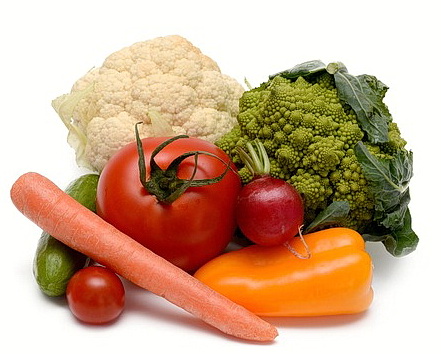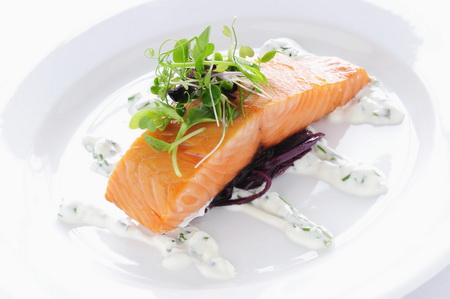Overview

We have previously discussed healthy foods and vitamins and suggested some great meals that keep you healthy. Now, we will drill down to brain food and suggest some foods and nutrients to keep your cognitive systems working the best they can.
Note: Some individuals may have specific health conditions impacted by the foods mentioned below. It’s always advisable to consult a healthcare professional to ensure these foods won’t adversely affect your mental or physical well-being.
Grilled Salmon with Quinoa and Vegetables

- Salmon: A great source of omega-3 fatty acids. In the case of brain health, they contain DHA, which is essential for the brain to maintain proper structure and functionality.
- Quinoa: A set of complex carbohydrates. Let’s break this down. Carbohydrates are energy food, to put it simply. There are two types of carbohydrates. Simple, which consists of one or two sugar molecules, and Complex Carbohydrates which are long chains of sugar molecules. Both are excellent in supplying energy to your body and helping your brain and digestive system function better.
- Vegetables: Incorporating a variety of colorful veggies like broccoli and carrots to supply antioxidants that protect brain cells from oxidative stress.
Spinach and Mushroom Omelette with Whole-Grain Toast
- Spinach: Vitamin K regulates calcium in the brain. If there is too much calcium, it could be a potential risk factor for Alzheimer’s disease. Spinach is known to have an abundance of this vitamin.
- Mushrooms: Another antioxidant nutrient.
- Whole-Grain Toast: Any foods with whole grains, including whole wheat bread, are loaded with nutrients like fiber, B vitamins, vitamin E, and magnesium, all of which are essential in maintaining healthy cognitive function.
Blueberry, Walnut, and Greek Yogurt Parfait

- Blueberries: One of the most popular fruits for a healthy life, are packed with antioxidants. As far as brain health is concerned, they contain flavonoids, which are found in plants and are known for their antioxidant and anti-inflammatory properties. These properties, in turn, have been shown to improve memory and cognitive function.
- Walnuts, Almonds, and Peanuts: All provide essential nutrients for brain health and include omega-3 fatty acids and vitamin E.
- Greek Yogurt: Most everyone loves yogurt, so make sure you have some on a routine basis, as they are rich in probiotics and protein, which support gut health and neurotransmitter production in the brain.
4. Kale and Lentil Soup with Turmeric

- Kale: It is a leafy green vegetable and is known to be a powerful nutrient that is rich in vitamins K, A, and C, fiber, antioxidants, and vitamins A, C, and K, as well. Great for the heart and immune system, too!
- Lentils: A contribution to cognitive function and sustained energy.
- Turmeric: Contains curcumin, another nutrient with antioxidant capabilities. Great for supporting the health of many parts of the body, including the brain. In fact, studies have shown that turmeric can slow down the aging process and help with depression as it contains levels of serotonin, a neurotransmitter associated with mood regulation.
Avocado, Tomato, and Mozzarella Salad with Olive Oil
- Avocado: This vegetable helps maintain proper neuron transmission. It is rich in monounsaturated fats which have unique properties that can support brain health and also heart health.
- Tomato: Everyone loves tomatoes, so keep it up as they provide lycopene, an antioxidant that may help protect brain cells from damage.
- Mozzarella: Your local pizza shop will be happy to tell you the benefits of mozzarella. This cheese offers protein and calcium, which are essential for neurotransmitter release and also muscle function.
- Olive Oil: Like avocados, olive oil contains monounsaturated fats and antioxidants
Summary
Integrating these meals into your diet can help ensure you’re consuming the right variety of nutrients that can support cognitive function and brain health, but don’t follow these guidelines to a T. Get creative! Mix and match for your breakfast, lunch, and dinner.
Do some additional research as well, since there are a lot more foods out there that will help support your brain health, as well as your full body health!
And remember, always speak to a health professional regarding these food suggestions if you have any concerns that they may not be beneficial to you.
